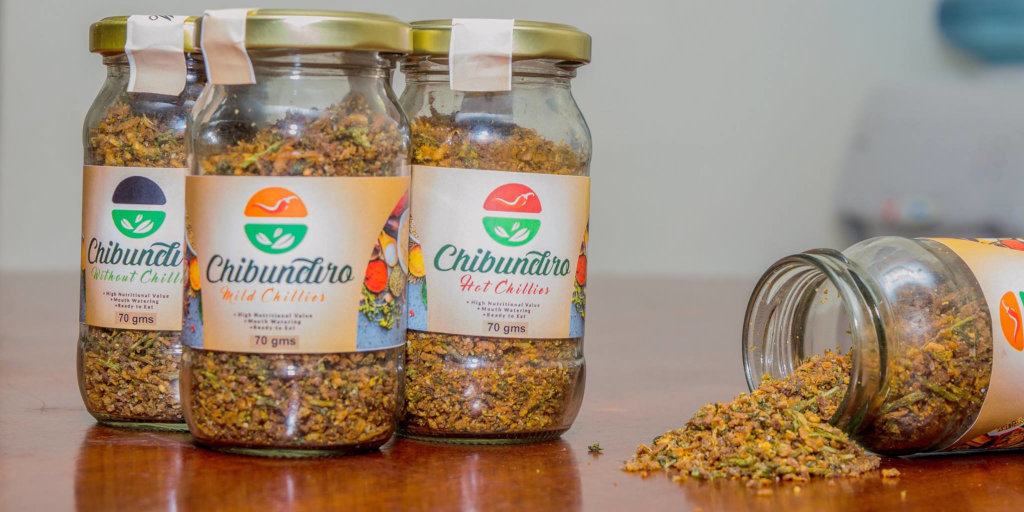How to Buy and Export Spices from Kenya: A Guide To Getting Started!
How to Buy and Export Spices from Kenya: A Guide To Getting Started!
Spices are a must-have for almost every home. They add flavor to food and provide antioxidants, vitamins, iron, and other nutrients. Even though spices are available everywhere, there is no substitute for the taste of authentic spices from Kenya. You may think that buying them online is the simplest option but there are plenty of things you need to know before jumping on that road. In this article, we will talk about why you should invest in exporting spices from Kenya and other countries, tips on how to buy and export spices from Kenya as a private individual or business entity, key logistics considerations when shipping these products, what kind of permits you’ll need to move them out of the country (and into your market), ways to find suppliers who sell wholesale quantities at reasonable prices, etc.
What is the situation of spices in Kenya?
Like most commodities, the spice industry has been affected by volatility over the years. However, this has also created opportunities for savvy exporters. While the demand for spices like cinnamon, cumin, and cardamom has grown over the past decade, supply has not kept pace. This has led to a rise in the cost of spices and a decline in profitability for producers. On the other hand, consumers in Europe, the United States, and Asia have been willing to pay higher prices for premium spices. This has created an opportunity for firms that are able to source high-quality spices at a low cost and then ship them to overseas markets. Successful exporters have built reputations for delivering high-quality products that meet customers’ expectations and are delivered promptly. These companies have also managed the risks related to price volatility, rising production costs, and changes in regulatory requirements.
Why should you export spices from Kenya?
There are several reasons why you should export spices from Kenya. First, demand is strong in several overseas markets, and this is expected to continue. Second, there are a limited number of suppliers who produce what is considered a premium product. This gives exporters who can meet the quality standards a competitive advantage. Third, there is some risk that supply-side factors may lead to a decline in profitability in the near future. The risk of this happening depends on how efficiently producers are able to respond to rising production costs and changing regulatory requirements. Fourth, exporting spices can help you diversify your business and reduce your exposure to fluctuations in the domestic market. Finally, exporting spices can help you build a positive relationship with your customers in overseas markets. This may make it easier to do business with them in the future.
Who can export spices from Kenya?
Anyone can import spices from Kenya. The question is, can you export them from Kenya or not? You can export spices from Kenya if you have proper documentation, have a valid import permit, and have the right kind of packaging. But only those who have a spice processing facility can export spices from Kenya.
How to buy and export spices from Kenya?
There are three things you need to know before you choose a product to export. These are – the demand characteristics of the product, its pricing, and the product’s supply chain. Once you have got your product, next you need to identify the appropriate wholesale distributor or manufacturer. Then, you can place an order with the same documentation that you would use to import the same product. Finally, you would get your goods delivered to Kenya and then export them as per your documentation.
Logistics considerations when shipping spices from Kenya
The first thing to do is to find out the appropriate mode of transportation for your product. Most products can be shipped by air or sea. Air cargo is faster and less expensive than sea shipping. However, there are certain commodities that are not allowed to be shipped by air. Most spices are allowed for shipping by air. Next, you need to make sure that your products are adequately packed for shipping. Poorly packed goods may get damaged during transportation and be rejected by the receiving authority. You can find a lot of information online about the best practices that you should follow when shipping spices from Kenya.
Permits needed to export spices from Kenya
Spices are controlled items that are regulated by the government. They are listed under Schedule 9 of the Agriculture Produce and Animals Control Act, CAPACITY 1997. This Act clearly states the procedure for exporting spices and other controlled items. Controlled items like live plants and animals, medicines, foodstuffs, and seeds must be accompanied by a valid import permit. They should also be properly packed and marked as per government regulations. The exporter also needs to have received an export permit from the relevant authority. An export permit is valid only if the importer has obtained a valid import permit. There are two types of permits that you need to export spices from Kenya. These are an export permit and an import permit. You need an export permit to ship spices from Kenya. You can obtain an export permit from the Kenya Bureau of Standards (KEBS).
Strategies to find the right suppliers for wholesale quantities of spices
There are plenty of ways to find the right suppliers for spices. You can use online marketplaces to buy from local producers. You can even use them to purchase spices in small quantities that you can sell in your local market. You can also use online B2B platforms to connect with suppliers. You can also reach out to importers of spices in your local market. You can also use social media to find the right suppliers for spices. You can make use of hashtags related to spices and related products to find the right suppliers. You can also hire a logistics company that can help you find the right suppliers. Logistics companies have a network of suppliers they have worked with in the past. Alternatively, you can use the services of an export management company (EMC). EMCs have experience sourcing products from the domestic market and connecting with suppliers abroad. They can help you find the right suppliers for spices. Furthermore, they can help you manage the shipping and logistics associated with exporting spices.
Summary
In this article, we talked about why you should invest in exporting spices from Kenya and other countries, tips on how to buy and export spices from Kenya as a private individual or business entity, key logistics considerations when shipping these products, what kind of permits you’ll need to move them out of the country (and into your market), ways to find the right suppliers for wholesale quantities of spices, and much more. In the end, we hope that this article will assist you in buying and exporting spices from Kenya.








LEAVE A COMMENT
You must be logged in to post a comment.